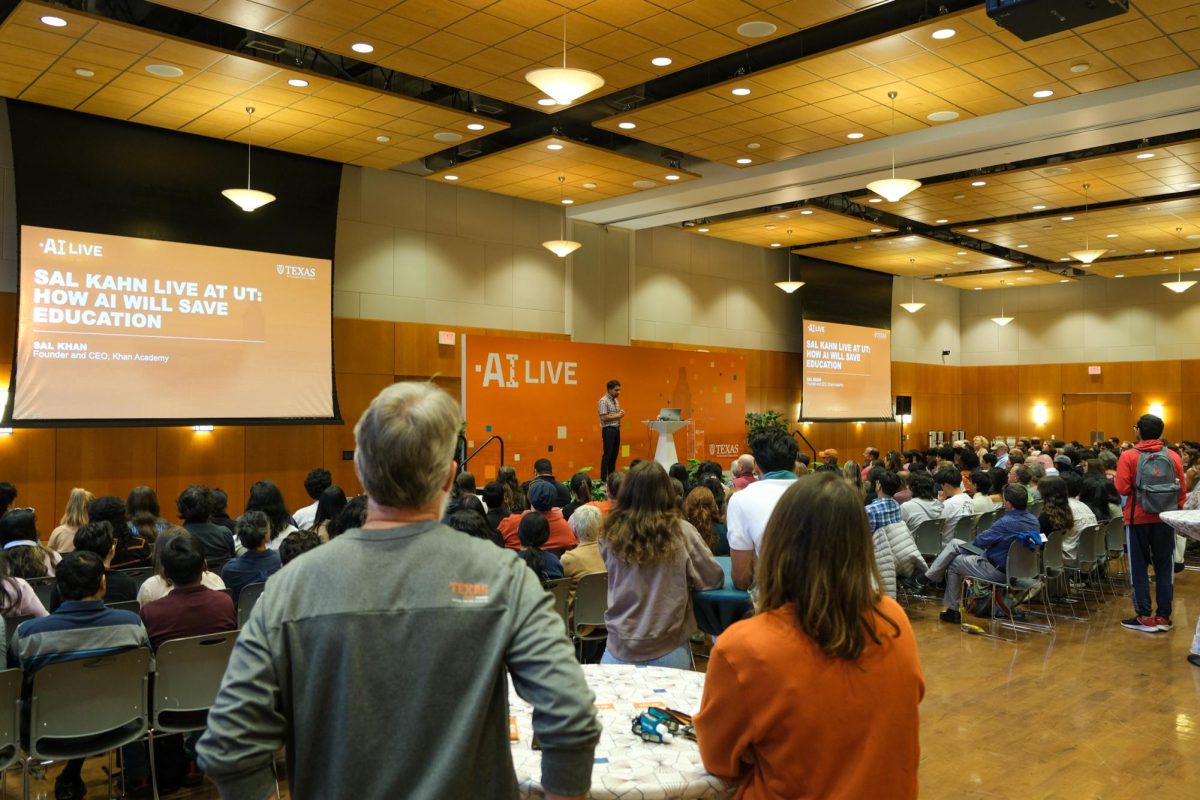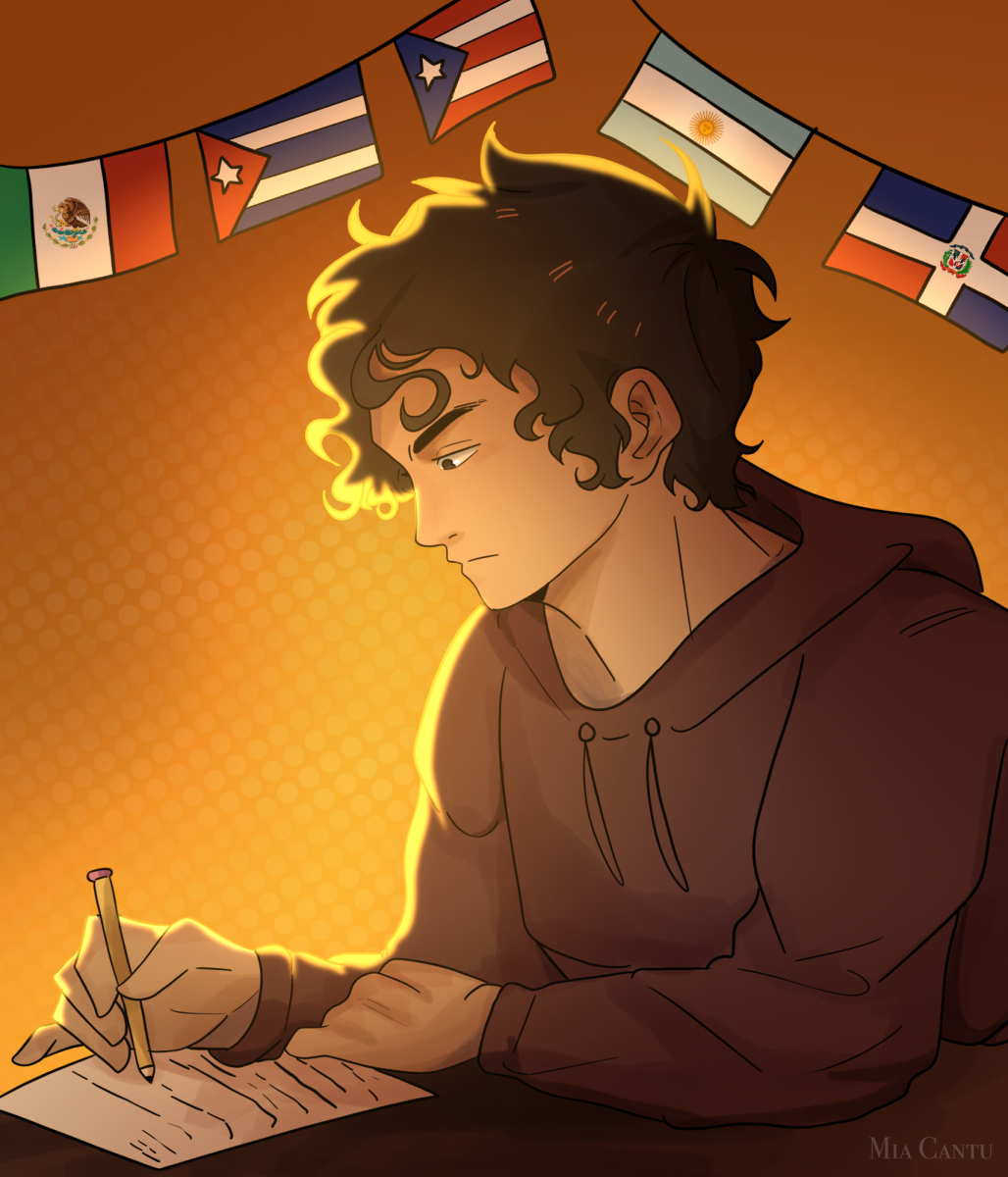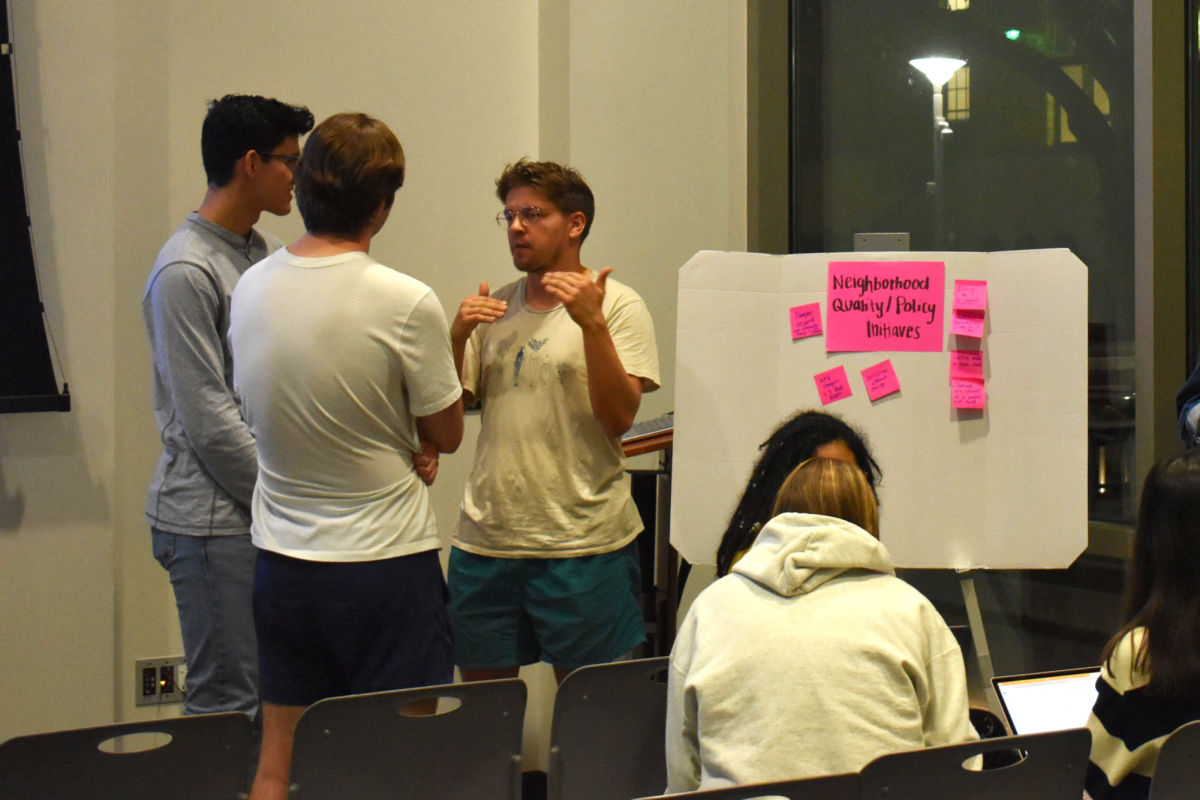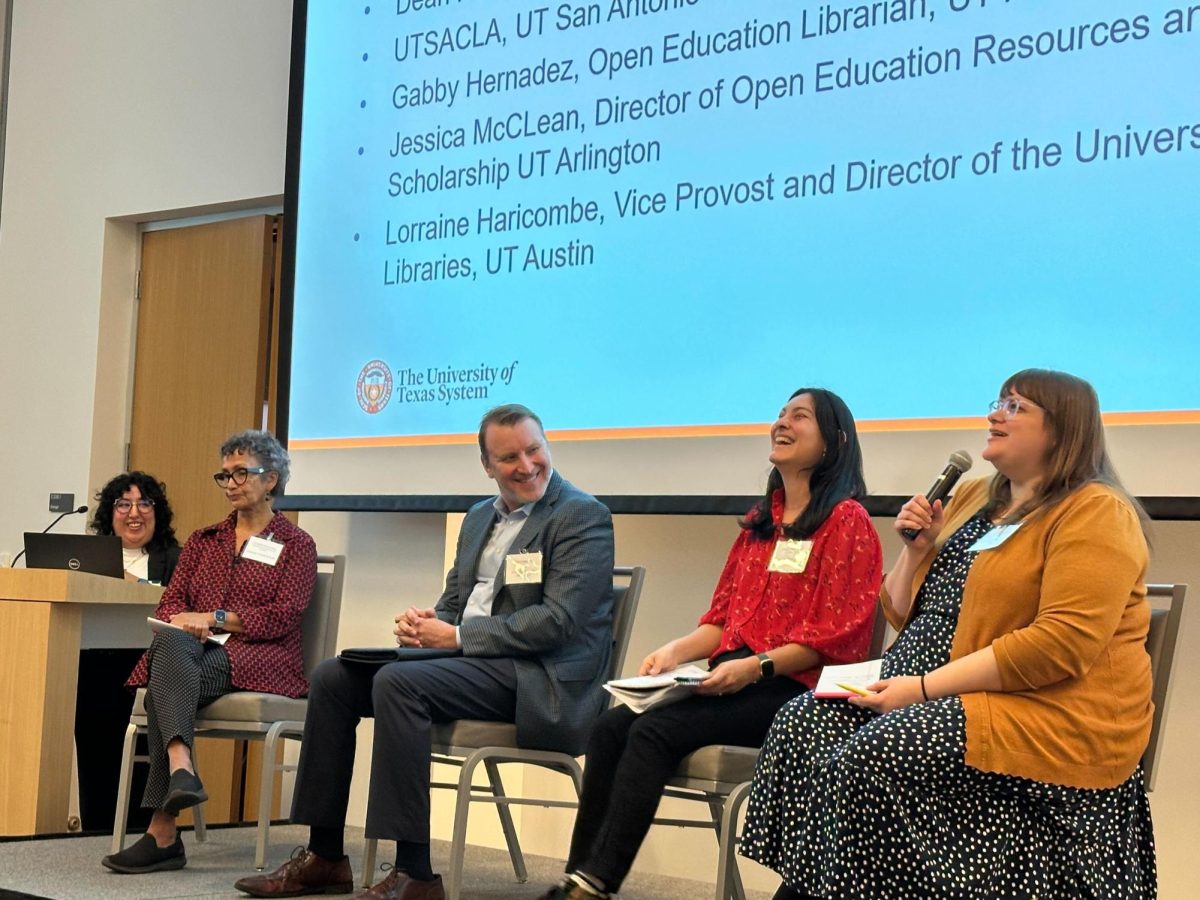International students are struggling to balance familial and social matters with late-night lectures and tests.
With 12+ hour time differences, their days begin in the afternoon and sometimes run until the early morning. Some live in close proximity with family members or even require additional technology to do daily assignments.
“My lectures usually start around 10 p.m. and end at 1:30 a.m., but there is one class that starts at 5 a.m.,” Zhengxuan Wang, an economics junior living in China, said in an email. “Exams are usually during class time unless (an) accommodation applies. Only one professor offered such (an) option.”
Wang said he is living with his family this semester, and his grandparents constantly have the TV at a loud volume when he is trying to study during the day. It’s not the only issue he faces, since he has to purchase a virtual private network-like router to access schoolwork and resources.
“I have to tell my family that I am taking a proctored exam, and they would understand and not disturb me,” Wang said. “(I’m) glad I only had one proctored exam, or there would be way more hassle. China blocked off most international connections, so I have to use a VPN just to do normal school work.”
Wang said that most of the time, all his technology works well. He occasionally struggled with domain name system poisoning, an attack which diverts traffic to fake servers, and prevented him from accessing Google and Wikipedia. His VPN address was blocked twice, causing him to almost miss a deadline because Canvas is slow without a VPN.
Even without technological issues, students like biology freshman Tran Bao Nghi Nguyen, who lives in Vietnam, finds night classes difficult to balance with normal life.
“Before I would spend my day hanging out or usually I (would) go to my parents’ company to help them with stuff, or I (would) visit my relatives,” Nguyen said. “Now I sleep the entire morning. I usually wake up at noon, and then after I wake up I have to do homework and study and that’s the end of the day.”
Professors are also struggling to adjust classes for international students, including assistant professor Ann Thijs, who was also an international student.
“Students really learn from each other’s mistakes and from talking to each other, when they meet and do breakout room sessions where they discuss problems with their peers and I think that’s such a vital part of learning,” Thijs said. “But I do understand why some students did not want to come to Texas (or live in the U.S.)."


















